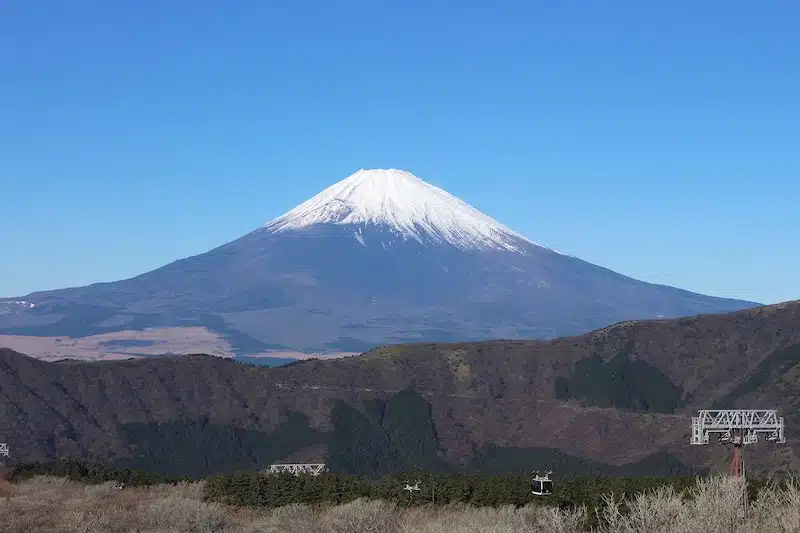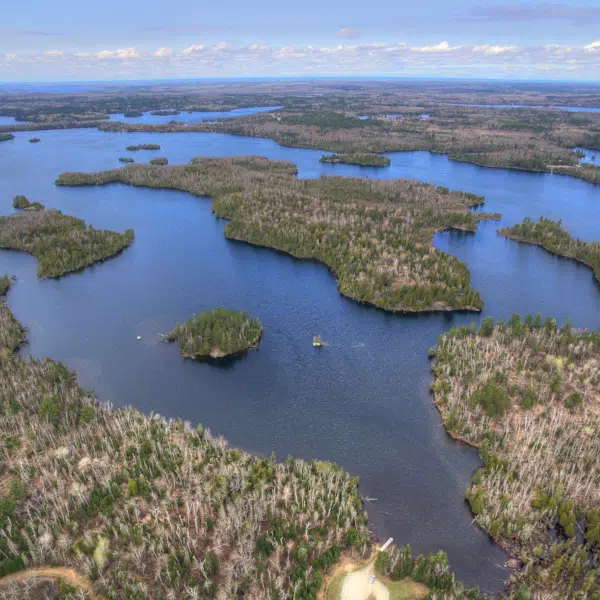View this post on Instagram
Japan’s Mount Fuji has long been a source of artistic, cultural, and national pride, boasting graceful symmetry and a signature snow-capped peak. This year, however, Mt. Fuji’s peak remained bare into early November, marking the latest time that snow has ever fallen on the 12,400-foot mountain.
Though bare during the summer months, Mt. Fuji typically sees sprinkles of snowfall in early October. Last year, snow arrived on October 5, according to the Japanese Meteorological Agency (JMO), but this year’s sweltering summer temperatures continued well into autumn and most likely contributed to the delayed snowfall. By October 29, 2024, Mt. Fuji’s peak went the longest it ever has without snow, breaking a 130-year record of snow absence.
This snowless stretch seems to have finally broken on November 6, 2024. Despite promising signs, the record snowfall has not been fully verified yet. Snow could be seen on Mt. Fuji’s southwestern side but the Kofu Local Meteorological Office, which has announced the mountain’s snowfall every year since 1894 and is located on its other side, had its view obscured by poor weather conditions.
The absence of snow on Mt. Fuji’s peak struck visitors and locals as visually strange, while also signaling an alarming trend in global snow patterns. In an era of increased climate disaster, high ocean temperatures influenced precipitation frequency in Japan, resulting in more rain that washed away any hint of snow upon Mt. Fuji. Japan also experienced record heat this fall, with at least 74 cities reporting temperatures of 86°F or higher in the first week of October, according to Climate Central.
Mt. Fuji is not the only mountain whose snowfall has been impacted by climate change. A 2024 study published in Nature found that human-caused warming had led to declines in mountain snowpacks in the Northern Hemisphere over the past 40 years. Mount Kilimanjaro in Tanzania, for example, has lost about 80% of its original snow due to environmental changes, and the average amount of snowfall in the Andes has dramatically decreased since the 1970s.
Along with many other natural wonders, Mt. Fuji and its delayed snowfall offer devastating evidence of climate change and its impact around the world.
Mount Fuji experienced delayed snowfall this year, breaking a 130-year record of snow absence.

Mount Fuji seen from Ōwakudani, featuring its signature snow-capped peak.
The mountain’s peak typically receives snowfall in early October. In 2024, snow arrived more than a month later than anticipated.
View this post on Instagram
Source: It’s not official yet but Mount Fuji gets its trademark snowcap after the longest delay in 130 years
Related Articles:
Shocking Photos Taken 15 Years Apart Show How Much Swiss Glacier Has Melted
Eye-Opening Video Shows How Earth Could Look in 2050 if We Don’t Address Climate Change






















































































